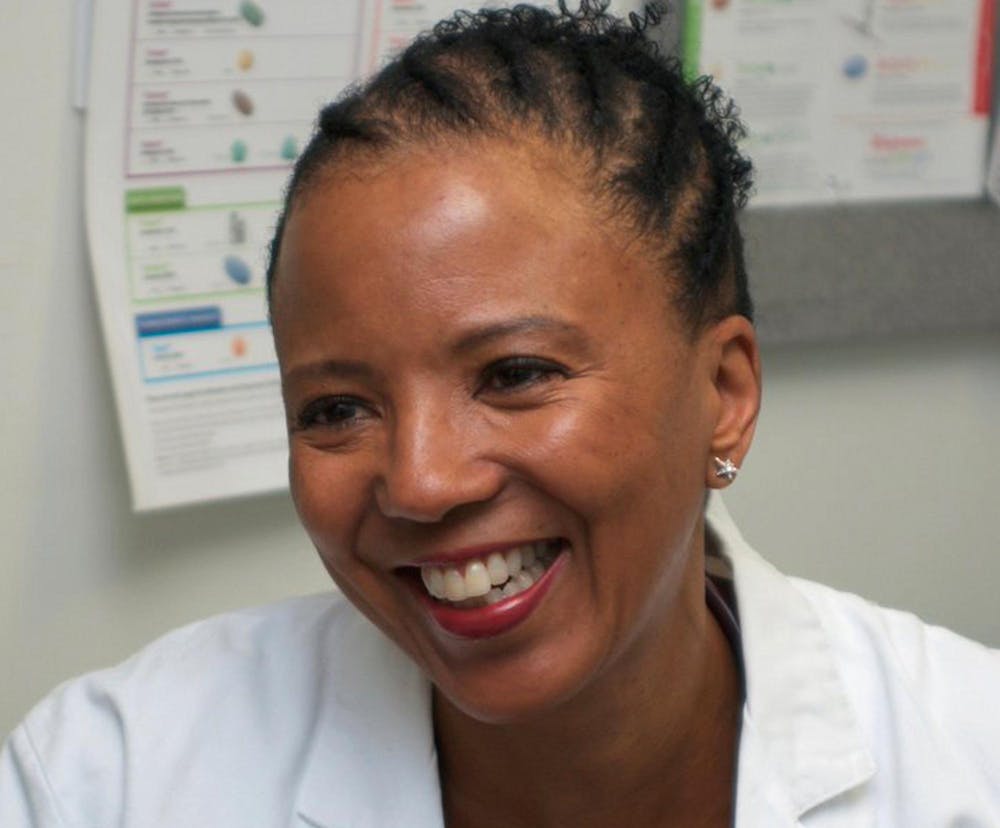“Do what you like, what’s important and what’s right.”
Dr. Adaora "Ada" Alise Adimora shared these words as her guiding motto when she was interviewed on the podcast "A Different Kind of Leader" in December 2022. As a world-famous physician epidemiologist, advocate, teacher, mentor and mother, she did just that.
On Jan. 1,, Adimora passed away at age 67 after a yearslong battle with cancer. Her husband, Dr. Paul Alphonso Godley, passed in 2019 and she is survived by her two children, Alegro Nwanneka Adimora Godley and Bria Adimora Godley.
As evidenced by her 37-page curriculum vitae, Adimora's career was long and far-reaching.
In her 35-year career at UNC, Adimora was awarded the position of Sarah Graham Kenan Distinguished Professor of Medicine in the School of Medicine and served as a professor of epidemiology in the Gillings School of Global Public Health. As an associate professor in 2003, she became the first African American woman in UNC’s Department of Medicine to receive tenure.
Adimora earned a bachelor’s degree from Cornell University in 1977 and a doctor of medicine from Yale University in 1981. She later earned her master of public health in epidemiology from Gillings in 1993.
Adimora's commitment to helping others and rejecting inequality resonates in all her work, epidemiology professor Dr. Myron Cohen said.
“She was first and foremost a healer and a physician,” Cohen, who worked alongside Adimora for 30 years, said. “She had hundreds of loyal and loving patients.”
Adimora had over 25 years of clinical experience and dedicated her career to the investigation and treatment of HIV, according to the UNC Department of Medicine website. UNC Chief of the Division of Infectious Diseases and professor of medicine Dr. Joseph Eron Jr. said that Adimora started her career at a time when patients with HIV often died within months.



